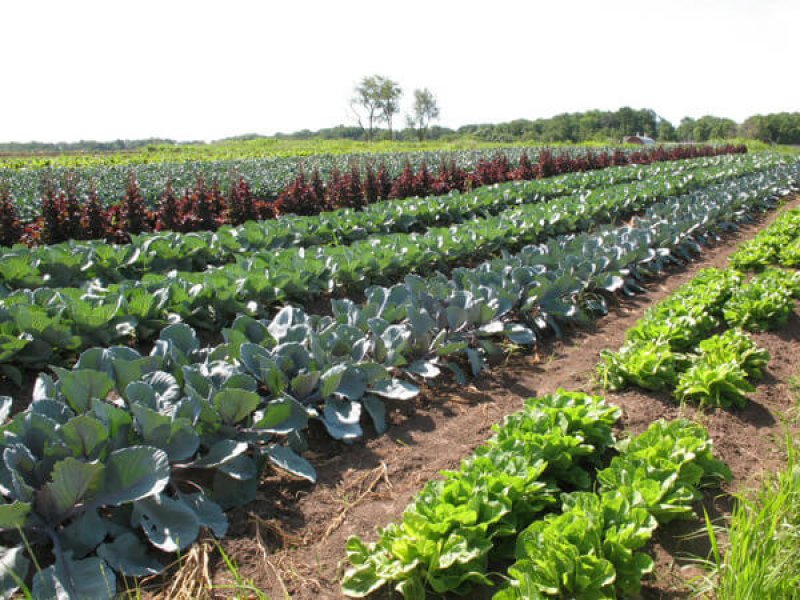While non-GMO crops are a small percentage of the total number grown, there is still a market overseas for those commodities. It takes a little more effort and a lot of homework to grow those crops. However, there are some premium prices if a farmer is willing to go the extra mile.
“While more than 90 percent of corn grown in the U.S. is GMO, we are moving a small amount of non-GMO crops overseas,” said Tommy Hamamoto, U.S. Grains Council director in Japan. “However, the challenge of maintaining the identity of non-GMO crops from the farm to the customer requires segregation through the entire channel. That segregation is called Identity Preservation.”
Said Hamamoto, “Japan typically imports about 2 million metric tons of Identity Preservation non-GMO. That’s compared to the roughly 12 million metric tons of GMO imports that mostly go to animal feed.”
Despite the challenges of growing non-GMO crops, there are farmers who are setting aside some fields to give it a try. Mike McDonald, of Palmyra, Nebraska, is one of the farmers who has started to look into non-GMO commodities.
“When you ship your beans, they get tested to make sure there’s no crossover,” he said. “I had some Roundup Ready soybeans in my shipment, so I didn’t get the same quality rating for one field that I got in the other.”
McDonald expects the non-GMO acreage to increase in the coming years.
“It’s (non-GMO) not going away anytime soon,” said McDonald. “It’s going to keep getting bigger, especially with profit margins shrinking as they have in recent months.”
Read full, original article: Non-GMO crops: hurdles and premium prices































